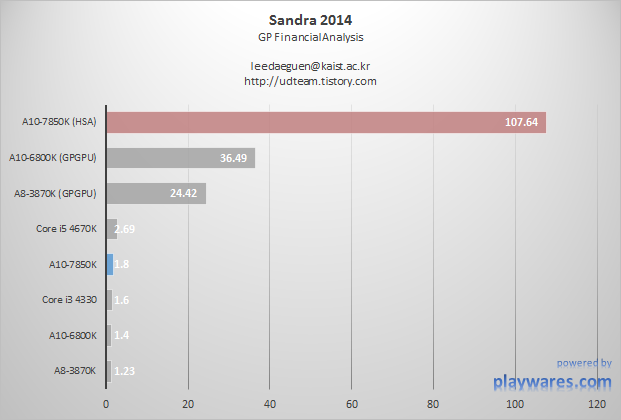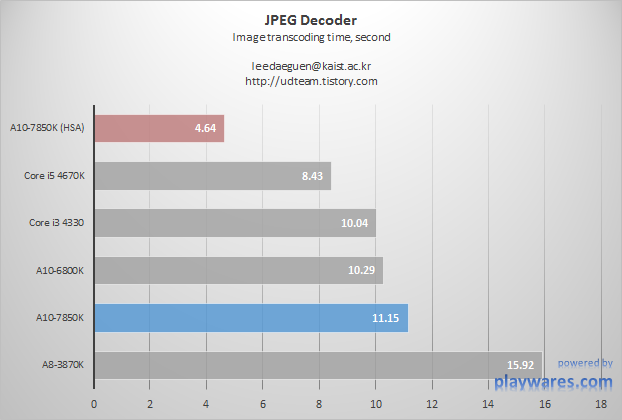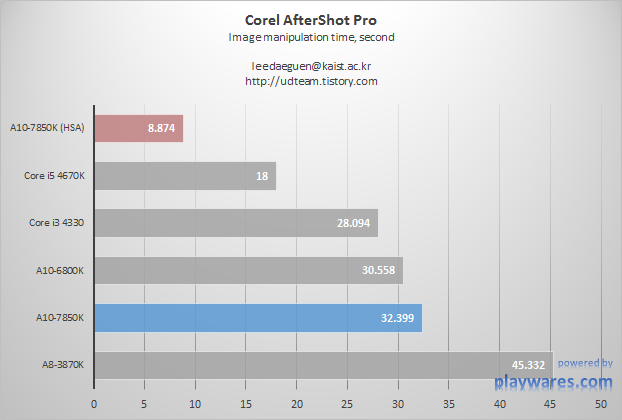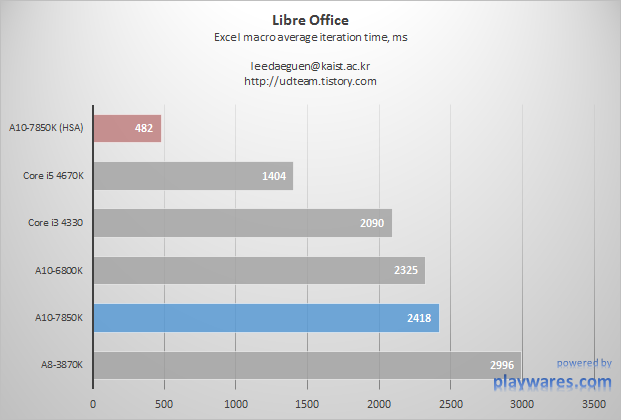Associate
- Joined
- 30 Jul 2007
- Posts
- 1,298
Lets just pretend for a second that DX12 delivers on all of it's promises.
Your forgetting one important thing. Game design is going to change. With the increased draw calls (or whatever DX12 is bringing to the table) game design is going to get more complex and demanding, meaning it's going to be business as usual.
Your still going to need to buy powerful GPU's to driver performance in these ever demanding games.
understood that multiadapter in dx12 is an advantage, but is there anything special about an 'apu' in this regard? or is an intel gpu just a good (relative to their inherent performance in any case)







